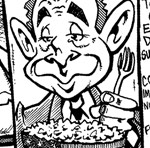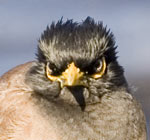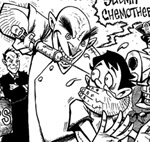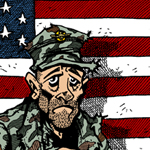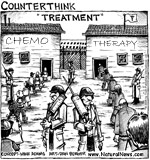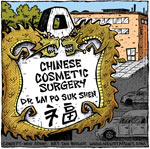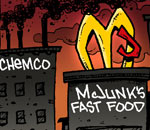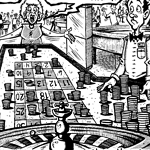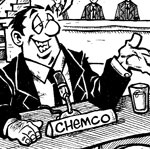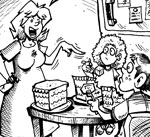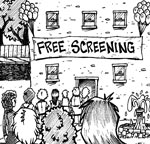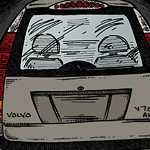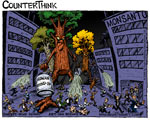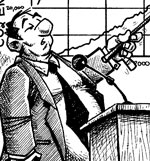What is Cold Sore?
| Share on Facebook | Share on Twitter | Share on Google+ |
The main cold sore cause is the virus called herpes simplex virus type 1, also commonly known as HSV-1. Cold sores are indicative of an oral herpes infection, medically known as herpes labialis.
What Does a Cold Sore Look Like?
A cold sore usually starts out as a tingly bump accompanied by burning and itchy sensations, then turn into lesions which are blistery, uncomfortable and very unsightly.
These preliminary cold sore symptoms are sometimes accompanied by fever and slight mouth or throat irritation. A cold sore swollen and blistered usually ulcerates and weeps after a few days, after which it dries up, crust over and eventually disappear.
Cold Sore Transmission
Cold sores virus is contracted through direct contact with persons who have the virus. Direct contact such as touching the affected area or contaminated fluids, kissing, sexual contact; even plain coughing and sneezing can spread the herpes simplex virus. Indirect contact such as sharing of personal items such as toothbrush, cups or towels with someone who is infected can also cause you to contract the virus.
If you have contracted the virus, do not worry as there are a million others who go through it as you do. In fact, it is estimated that 150 million of the population are infected with the cold sore virus, and a good 30% of them have recurring types. If you do have a cold sore outbreak, it is important for you to remember never to pop a cold sore.
Stubborn Cold Sore Virus
The problem with the herpes simplex virus is that once contracted, it stays in the nervous system for a very long time. It can manifest itself as a cold sore but once it heals, the virus simply stays within your nerve endings, ready to strike again anytime. There are various triggering factors that prompt the virus to manifest again, so it is best to avoid these factors to prevent another onset of cold sore attack.
Cold Sore Prevention
Here are some of the triggering factors that you need to avoid:
- Emotional and physical stress
- Ailments such as colds, cough or respiratory track infection
- Prolonged exposure to strong rays from the sun or wind
- Spicy or acidic foods
- Hormonal changes
- Local injury or trauma onto the skin around the lips
Of course, prevention precludes trying to avoid contracting the virus in the first place. It is very important to avoid direct contact with people who have contracted the virus and avoid sharing personal items with them.
Cure for Cold Sores
Cold sores do not really need treatment, as it heals by itself within 10 to 14 days. However, cold sores are very unsightly and can be very painful such that treatment methods need to be sought in order to relieve pain and to hasten the healing. There are now many different treatment options that you can choose from and it ranges from oral medications, ointments, creams and gels, and even home remedies. It is most effective to start treatment as soon as the first symptoms of an attack are felt.
-
Skin CareMen Skin Care
-
Free ResourcesFree eBooks
-
Every person is a God in embryo. Its only desire is to be born.Deepak Chopra
-
Featured Health SupplementAll ingredients are assessed at molecular level to ensure synergy, safety and effectiveness.
 This is crucial because when some ingredients are combined they will help create other substances in the body.
This is crucial because when some ingredients are combined they will help create other substances in the body.
-
